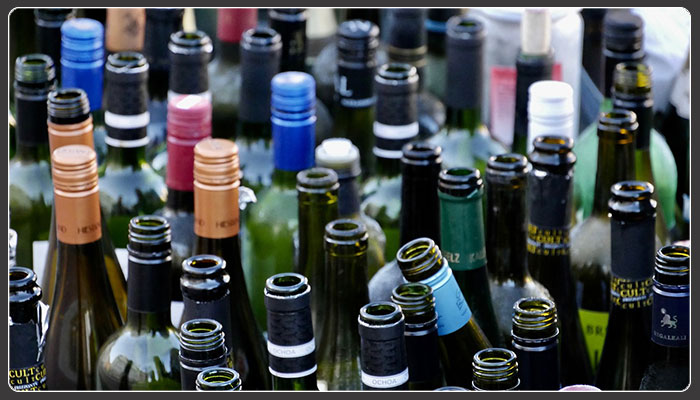Waste management - Torontonians will know what to Recycle with new Program

Toronto’s waste management employees don’t appear every recycling day just to collect the contents of each laid out mini bin - some of them are there to thoroughly check those waste bins. With the rising plague of waste mixed into recyclable materials, collectors slap notice stickers onto the offending bins to notify the homeowners and only collect them when the problem has been fixed.
For at least the next six months, this process, alongside a recycling education program for residents, will be consistently ongoing in hopes of teaching residents exactly what can and can’t be recycled. Currently, very few of them know all the rules.
Toronto implemented this system after officials realized just how much it was costing the city to sort through disorganized waste. A whopping $6 million each year was spent on separating trash from recyclable materials, whether it was done by hand or with a machine. The extracted waste makes up more than a quarter of what’s put into recycling bins.
Many Torontonians are puzzled as to which materials can be recycled. Collectors have spotted used auto parts, old barbecue tanks, plastic toys, and even organic material from decomposing animals in the waste bins. Despite these bizarre finds, the most commonly misconstrued objects are full black garbage bags, which themselves could contain pounds upon pounds of waste that can’t possibly be recycled. Citizens didn’t seem to be getting the message, which is why the warning notes came into play.
For even more incentive to recycle properly, residents may soon be charged a hefty fee if they’re found guilty of mixing waste with recyclable items. It may seem unnecessary, but for how much money the city loses to sorting out discarded materials, it could be the key to change.
It would hardly be fair to blame the problem completely on the people, as the rules of recycling are open to change and can be difficult to remember. Homeowners often assume that the unfamiliar plastic packaging they receive with their home deliveries can be recycled simply to due its composition, which is a fair guess.
Residential recycling also differs from the recycling that occurs in larger buildings like schools or offices. Keeping every set of rules straight isn’t always easy, and the information on city calendars may not be enough to solve the problem.
For citizens who are uncertain as to what to recycle, feel free to toss empty pizza boxes, used milk bags, ziploc bags, empty plastic bottles, newspapers, and magazines into your recycling bins. Make sure to put prepackaged food bags, candy wrappers, wallpaper, shower liners, and, of course, any organic waste from dead animals or otherwise into your trash bin. Check the city’s calendar and website for more waste information.
Toronto’s new pilot program is slowly saving the city money, labour, and environmental damage, and the journey will continue beyond the end of the year.


